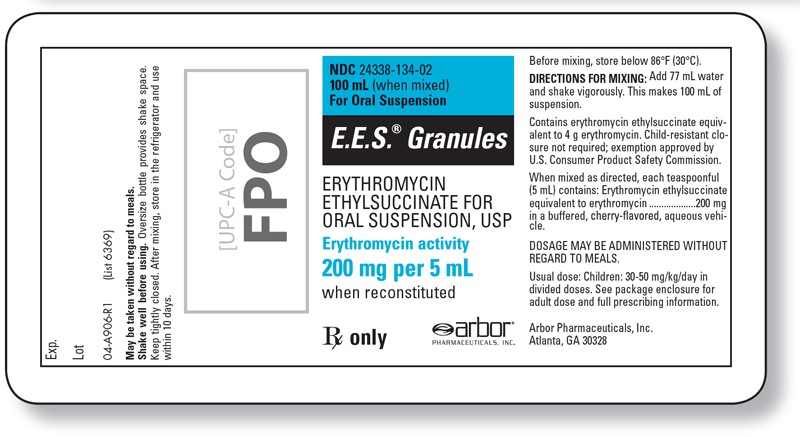In working with a client who is newly diagnosed with diabetes mellitus, the nurse provides feedback to the client on her progress in learning the treatment regimen. Of the following, the nurse demonstrates the use of therapeutic communication by stating:
1. "I believe that you have come a long way in learning how to manage your care."
2. "It didn't look like you were ever going to be able to get the injection technique."
3. "Check your blood sugar unless you really want to come back to the hospital again."
4. "You don't appear to have any real interest in managing your daily dietary in-take."
ANS: 1
In stating, "I believe that you have come a long way in learning how to manage your care" the nurse is demonstrating the use of therapeutic communication by sharing hope. The nurse is point-ing out that personal growth can come from illness experiences. "It didn't look like you were ever going to be able to get the injection technique" is a negative statement. The nurse should not state observations that might embarrass or anger the client. "Check your blood sugar unless you really want to come back to the hospital again" does not demonstrate the use of therapeutic communi-cation. It implies disapproval and is an aggressive, threatening type of response. "You don't ap-pear to have any real interest in managing your daily dietary intake" is not a therapeutic state-ment. It is negative and aggressive in nature. If it is a true observation, it is one the nurse should not state as it could anger the client.
You might also like to view...
In writing out a list of medications for a patient, which statement would be best?
a. Lasix, 20 mg po once a day in the morning b. Lasix, 20 mg in the morning c. Lasix, 20 mg qd d. Lasix, 1 tablet by mouth every morning after breakfast.
The nurse is caring for a client who had a near-drowning incident in a lake. Which action will the nurse take to monitor for possible complications?
a. Assess the client's temperature every 4 hours. b. Check the client's blood glucose level before meals. c. Assess the client's bowel sounds three times daily. d. Check the client's skin for petechiae daily.
Of the following chronically ill children, the child at greatest risk for developing a psychiatric problem is age:
A) 12 and has diabetes mellitus. B) 5 and has cerebral palsy. C) 8 and has chronic renal disease. D) 10 and has a heart murmur.
After this medication has been reconstituted, the container holds ________ mL of medication. 
Fill in the blank(s) with the appropriate word(s).